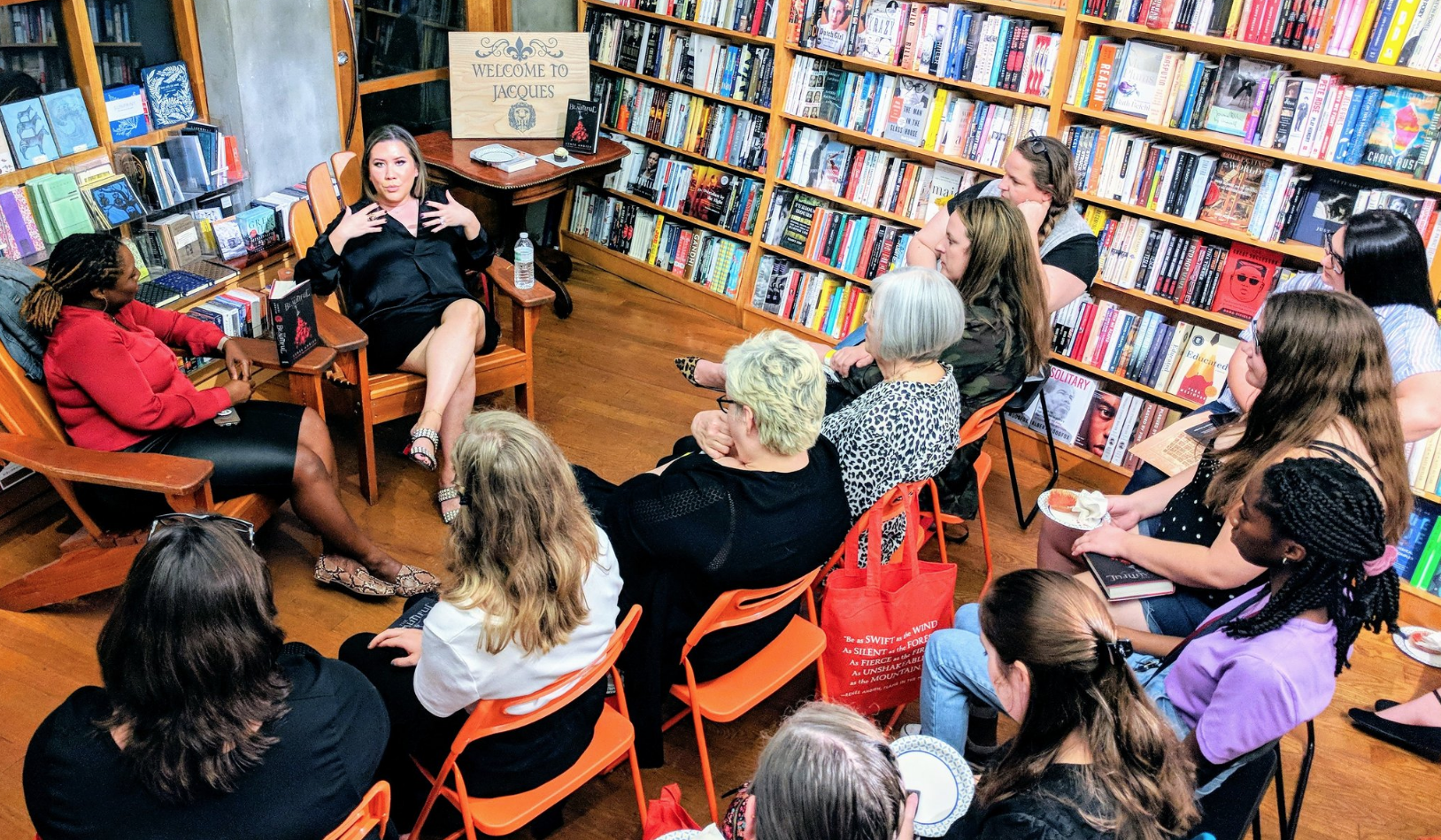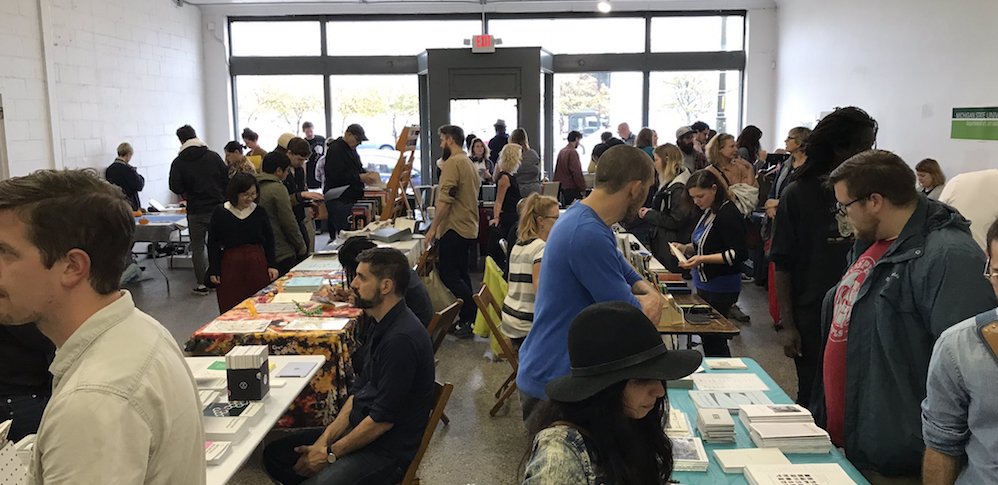With a new month swiftly approaching, the time is right to submit to these contests, all of which have a closing date of October 31 or November 1. These poetry, fiction, and nonfiction awards include opportunities to attend residencies in Italy and Oregon. Each offers a prize of $1,000 or more; one prize has an estimated value of over $6,000.
Tucson Festival of Books Literary Awards: Three prizes of $1,000 each are given annually for works of poetry, fiction, and creative nonfiction. The winners will also be invited to take part in a panel discussion at the annual Tucson Festival of Books and attend a workshop on the University of Arizona campus in March 2020. Deadline: October 31. Entry fee: $20.
Red Hen Press Benjamin Saltman Poetry Award: A prize of $3,000, publication by Red Hen Press, and a four-week residency at PLAYA in Summer Lake, Oregon, is given annually for a poetry collection. Allison Joseph will judge. Deadline: October 31. Entry fee: $25.
Poetry Society of the United Kingdom National Poetry Competition: A prize of £5,000 (approximately $6,430) and publication on the Poetry Society of the United Kingdom website is given annually for a poem. A second-place prize of £2,000 (approximately $2,570) and a third-place prize of £1,000 (approximately $1,290) are also given. The winners will also be published in Poetry Review and invited to read at festivals in the United Kingdom. Poems written in English by poets from any country are eligible. Mona Arshi, Helen Mort, and Maurice Riordan will judge. Deadline: October 31. Entry fee: $9.
Academy of American Poets Walt Whitman Award: A prize of $5,000, publication by Graywolf Press, and a six-week residency at the Civitella Ranieri Center in Umbria, Italy, is given annually for a poetry collection by a poet who has not published a book of poems in a standard edition. The winning book will also be distributed to 5,000 members of the Academy of American Poets. Harryette Mullen will judge. Deadline: November 1. Entry fee: $35.
Briar Cliff Review Writing Contests: Three prizes of $1,000 each and publication in Briar Cliff Review are given annually for a poem, a short story, and an essay. The editors will judge. Deadline: November 1. Entry fee: $20, which includes a copy of the prize issue.
Autumn House Press Poetry Chapbook Prize: A prize of $1,000 and publication by Autumn House Press is given annually for a poetry chapbook. Gerry LaFemina will judge. Deadline: November 1. Entry fee: $20.
Fiction Collective Two Ronald Sukenick Innovative Fiction Contest: A prize of $1,500 and publication by Fiction Collective Two is given annually for a novel, short story collection, novella, or novella collection. U.S. writers who have not previously published a book with Fiction Collective Two are eligible. Sarah Blackman will judge. Deadline: November 1. Entry fee: $25.
Cutthroat Writing Awards: Three prizes of $1,200 each and publication in Cutthroat are given annually for a group of poems, a short story, and an essay. Deadline: November 1. Entry fee: $20.
Visit the contest websites for complete guidelines, and check out the Grants & Awards database and Submission Calendar for more contests in poetry, fiction, and creative nonfiction.







